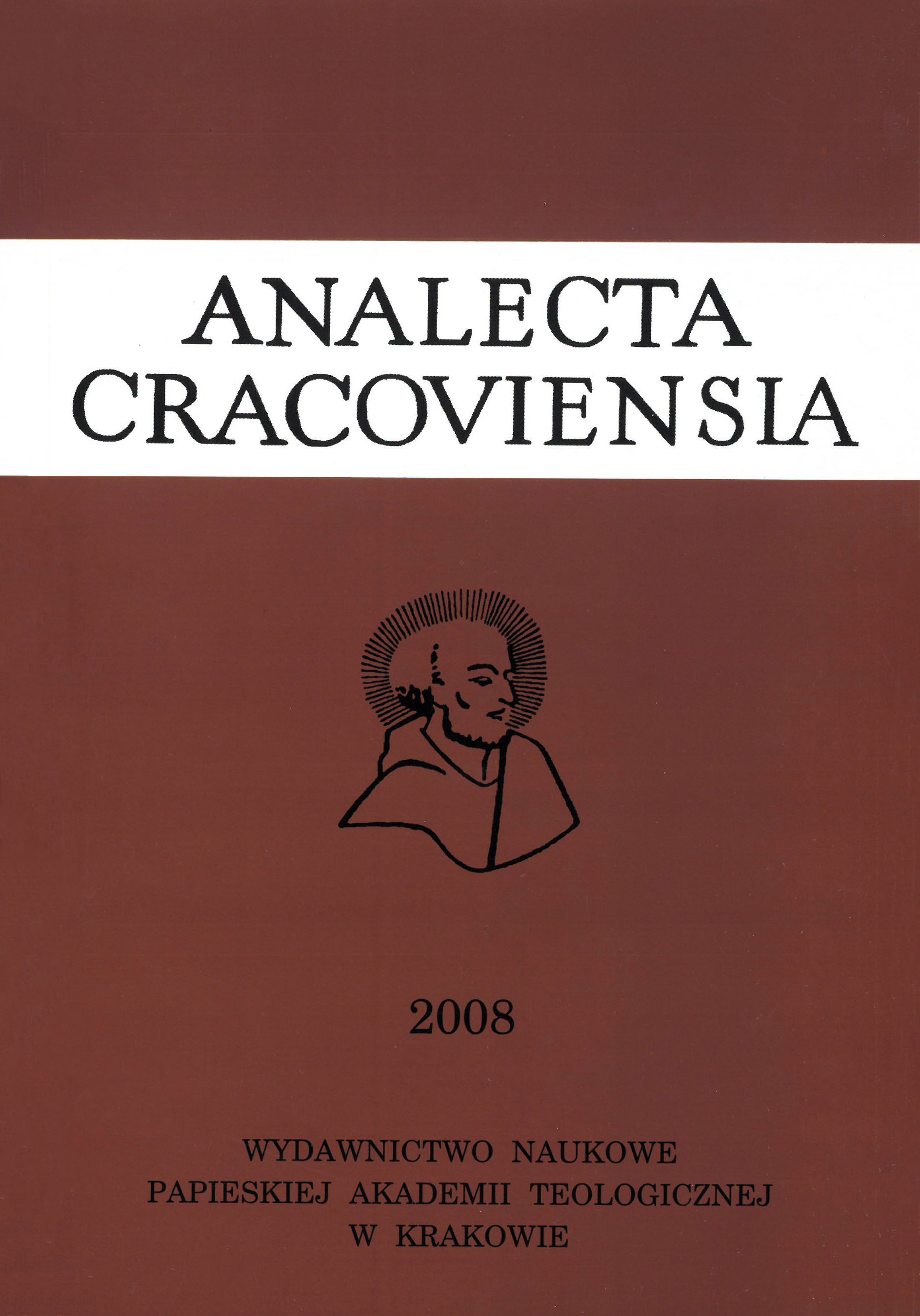Przekroczyć nieoznaczoność. Relacje nauka – religia w myśli Wernera Heisenberga
DOI:
https://doi.org/10.15633/acr.4003Abstract
Although the scientific milieu of the first part of the 20th century is marked by the strong influence of neopositivism, prominent physicists such as Werner Heisenberg, Wolfgang Pauli and Niels Bohr stressed the necessity to transcend human sensorial cognition in quest for the ultimate sense of things and the source of the ethical values of human conduct. In particular, this comes to the fore in the context of the relations between science and religion. The stance of Werner Heisenberg in regards to this issue reveals his deep philosophical insight with emphasis on the role of the common sense language in the symbolic discourse of the traditional religions. The advent of the new scientific method in the 17th, that revolutionized the antique picture of the world, led to the final breakdown of the adequacy of the common sense language in the scientific description of the physical reality. According to Heisenberg, the relations between science and religion become most visible with the resulting loss of the symbolic religious discourse whereby access to the ethical values is hindered.
Downloads
Published
Issue
Section
License
Copyright (c) 2022 Wojciech Piotr Grygiel

This work is licensed under a Creative Commons Attribution-NonCommercial-NoDerivatives 3.0 Unported License.
Authors who publish with this journal agree to the following terms:
- Authors retain the copyright and full publishing rights without restrictions, and grant the journal right of first publication with the work simultaneously licensed under a Creative Commons Attribution 4.0 International License that allows others to share the work with an acknowledgement of the work's authorship and initial publication in this journal.
- Authors are able to enter into separate, additional contractual arrangements for the non-exclusive distribution of the journal's published version of the work (e.g., post it to an institutional repository or publish it in a book), with an acknowledgement of its initial publication in this journal.
- Authors are permitted and encouraged to post their work online (e.g., in institutional repositories or on their website) prior to and during the submission process, as it can lead to productive exchanges, as well as earlier and greater citation of published work (See The Effect of Open Access).

